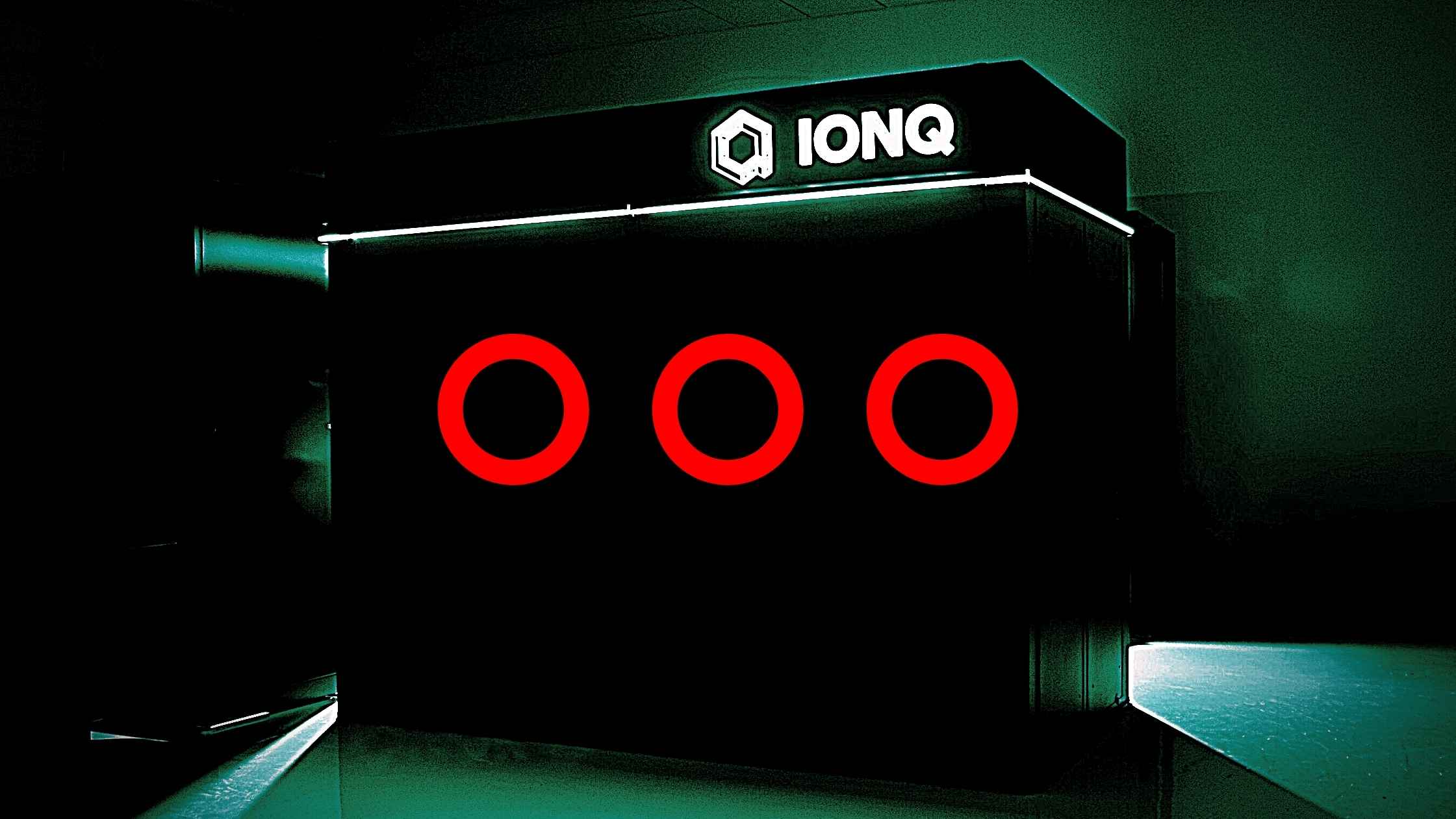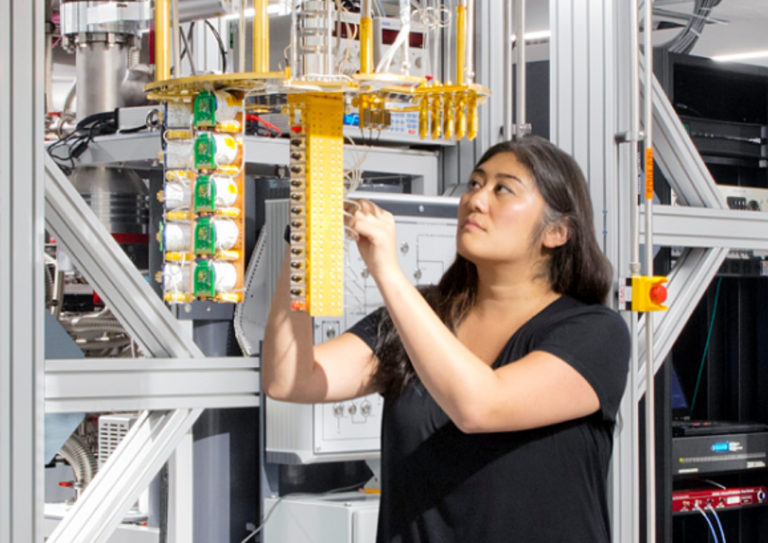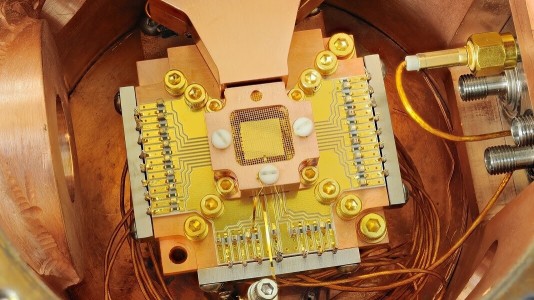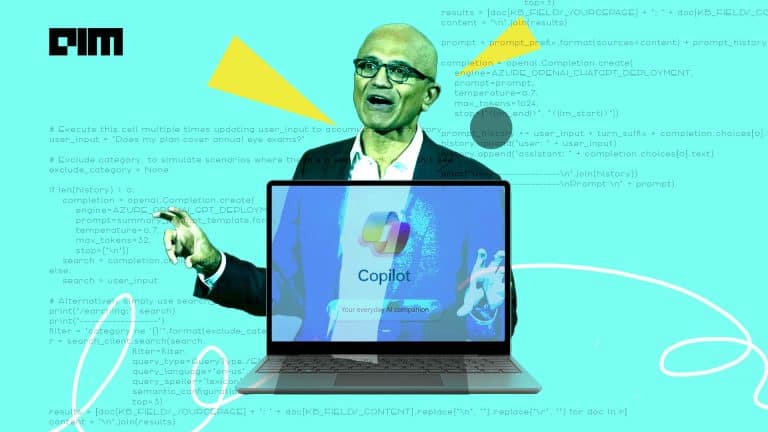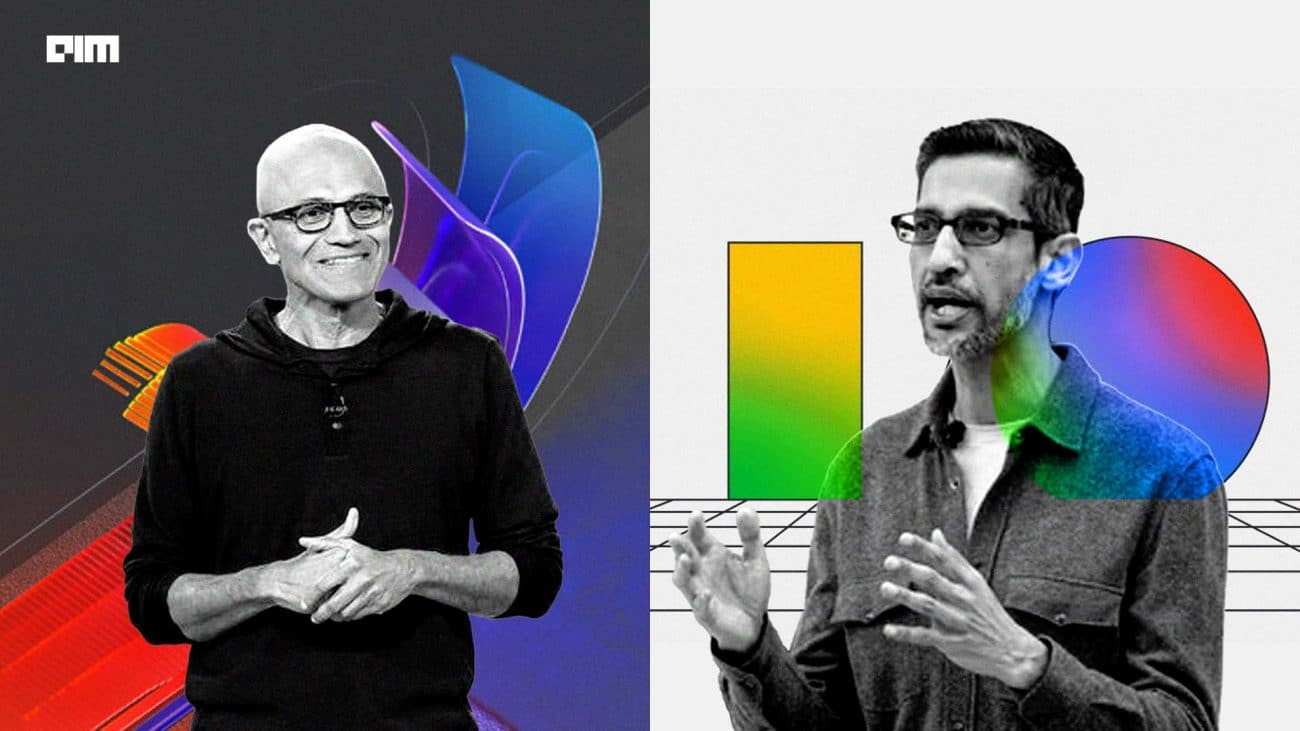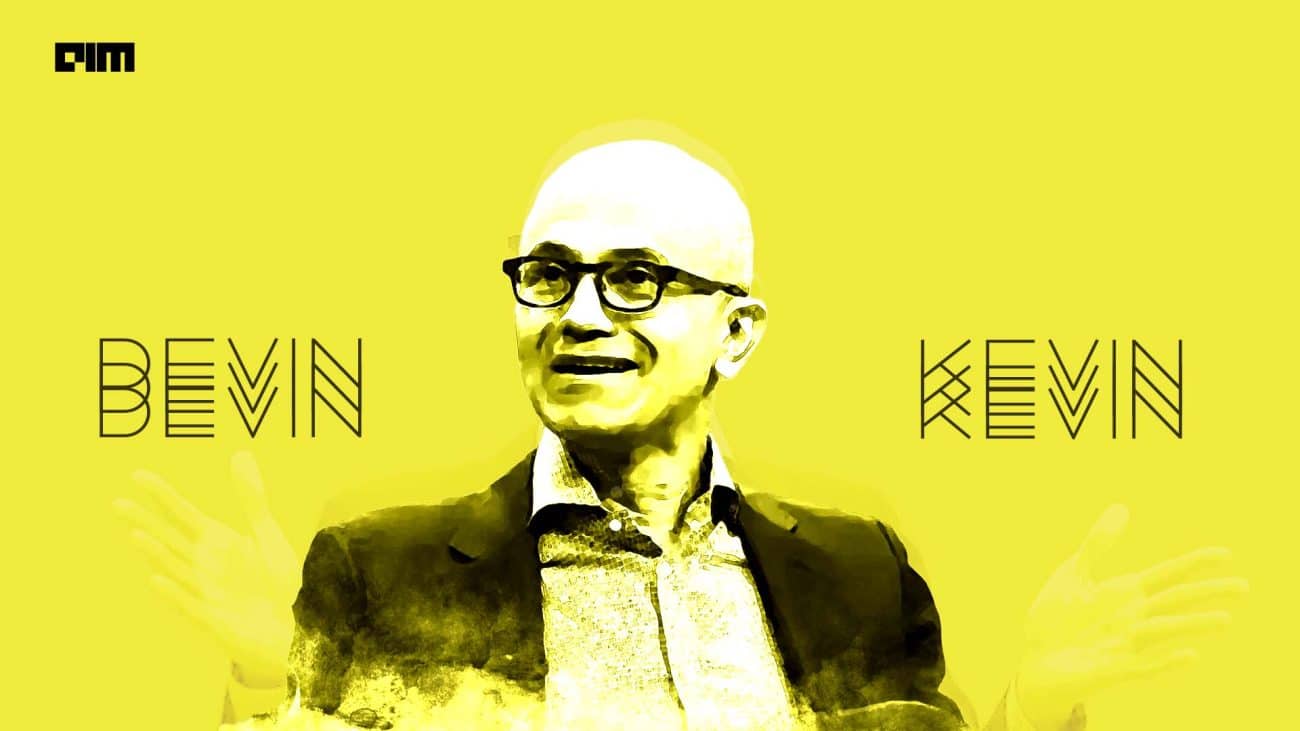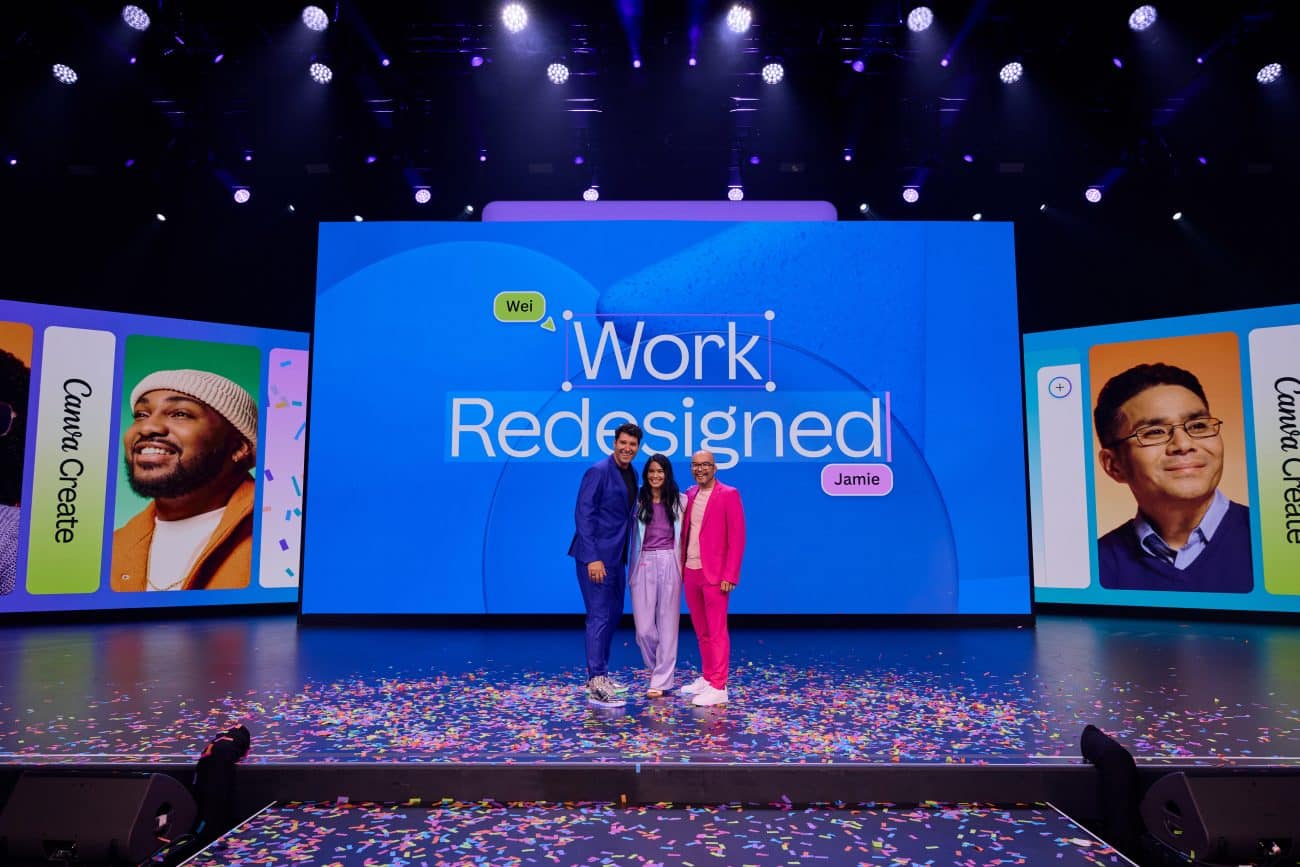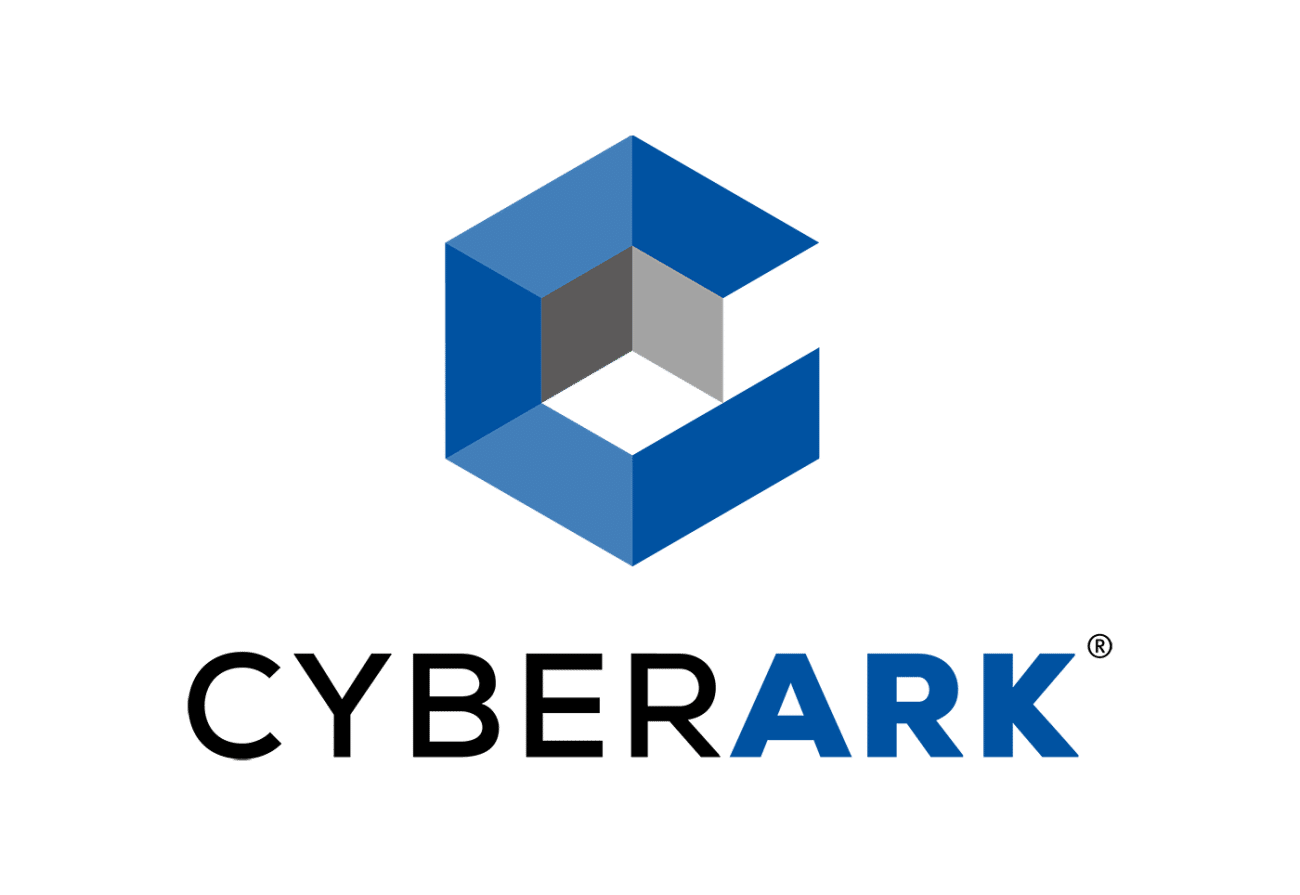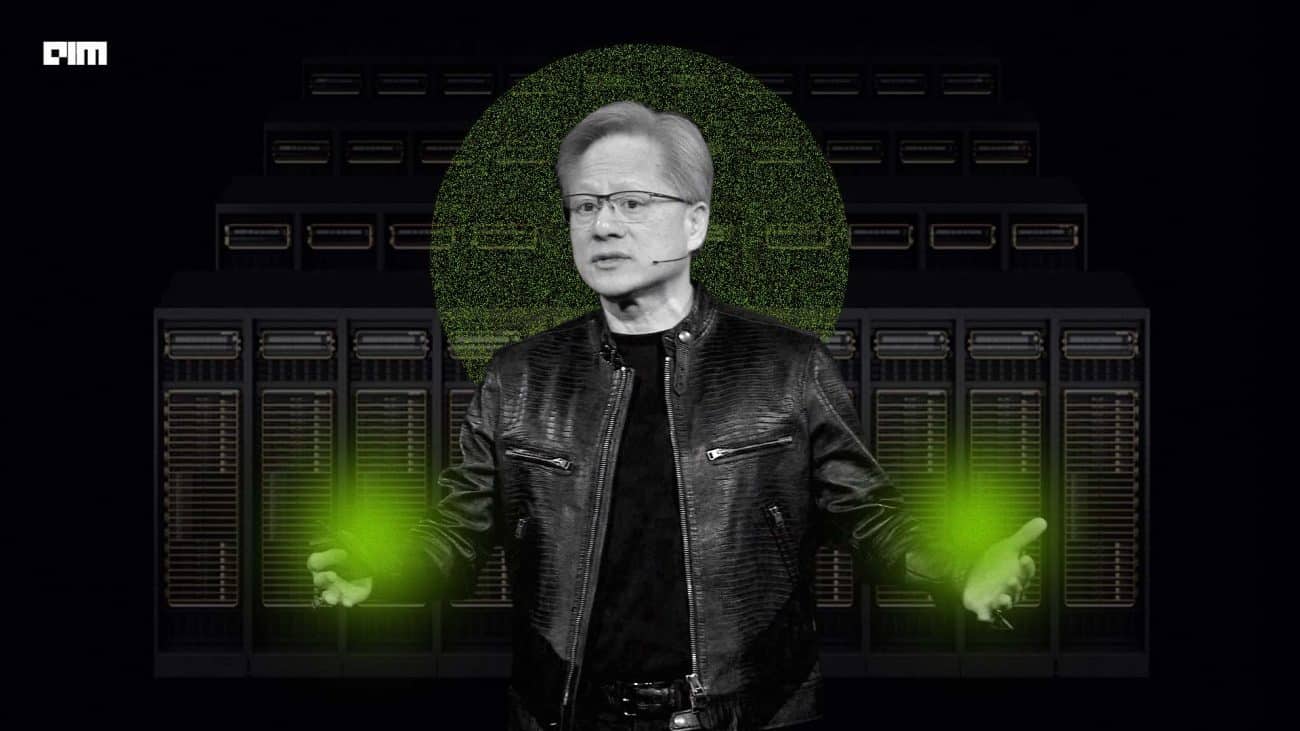US startup IonQ has entered into a definitive merger agreement with a publicly traded special purpose acquisition company, dMY Technology Group III. The deal will result in $650 million in gross proceeds, including a $350 million fully committed PIPE (private investment in public equity) with participation from Fidelity Management & Research Company LLC, Silver Lake, Breakthrough Energy Ventures, MSD Partners, LP, Hyundai Motor Company and Kia Corporation, etc. The spac deal will put the evaluation of the combined company at around $2 billion.
In a statement, IonQ’s spokesperson said, “IonQ believes the 21st century will be defined by quantum computing and that this technology will have an even greater impact than classical computing had over the last 100 years.”
IonQ’s Products & Future Roadmap
Generally, quantum hardware developers use synthetic quantum systems such as supercooled superconducting wire for qubits. However, IonQ uses trapped ions, which form the heart of their quantum processing units. Using this approach, IonQ has developed the first quantum computer available via the cloud on Amazon Bracket and Microsoft Azure.
In October last year, IonQ introduced a new quantum computer, claimed to be the ‘most powerful on the market’. This quantum computer, built on IBM’s quantum benchmark, features ‘32 perfect qubits with low gate errors’. The IonQ claims that the computer is expected to hit a quantum volume extraordinarily higher than the double-digit quantum volume numbers announced by IBM in August 2020.
IonQ has also revealed its plan to build modular quantum computers by 2023 as part of its five-year roadmap. IonQ aims to achieve a broad quantum advantage by 2025.
Quantum Computing Ecosystem
As per an AIMultiple report, Quantum computing companies can be categorised into four types:
End-to-end solution providers: These companies allow others to test quantum solutions on the cloud. Tech giants such as IBM, Google, Microsoft, and D-Wave belong to this category.
Software and services companies: Quantum software providers deliver solutions using quantum computing. These companies can be further classified in terms of their services–operating systems and firmware, development platforms, and computational platforms. Examples include Zapata, Qbit, and Cambridge Quantum Computing.
Research Labs: These are the labs founded as a result of university-industry collaborations. Some of these labs include Institute for Quantum Information and Matter-Caltech, Quantum Computing Laboratory- MIT Lincoln Laboratory, and UK National Quantum Technologies Programme.
Hardware system builders: These companies work on optimising quantum computers and create environments for simulations. They can be further classified into Universal gate based quantum computers and quantum annealing. IonQ is a prime example of this category.
Quantum computing has seen significant advancements, which has drastically reduced the time and effort required to carry out complex tasks, which classical computers cannot accomplish. Experts believe quantum computing will revolutionise science and industry, battery technology, and clean energy.
Bigger companies such as IBM and Google have increased their investment in developing their quantum computing technologies. Investors are also showing interest in the technology. However, there is still a shortage of public pure-play quantum computing companies; most are either private or owned by larger companies.
The arrival of IonQ in this niche market opens up a lot of opportunities. Niccolo de Masi, CEO of dMY III said, “IonQ’s quantum computers are uniquely positioned to capture a market opportunity of approximately $65 billion by 2030.”
He said IonQ is poised to be the first company able to fully exploit this massive opportunity.


